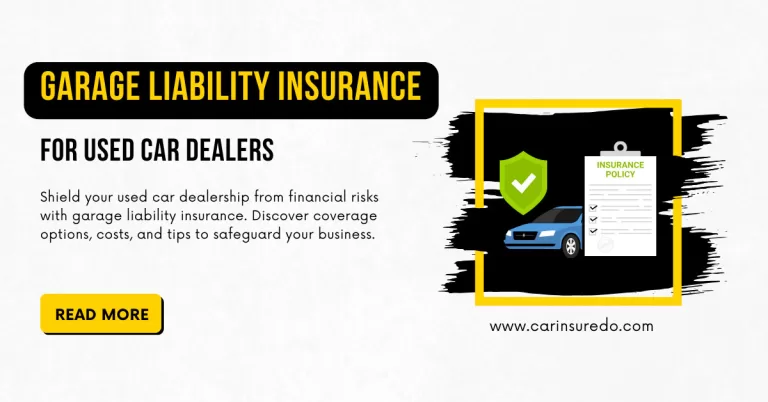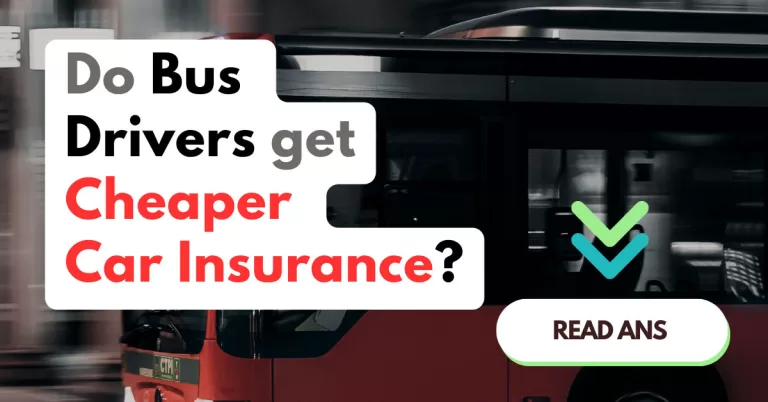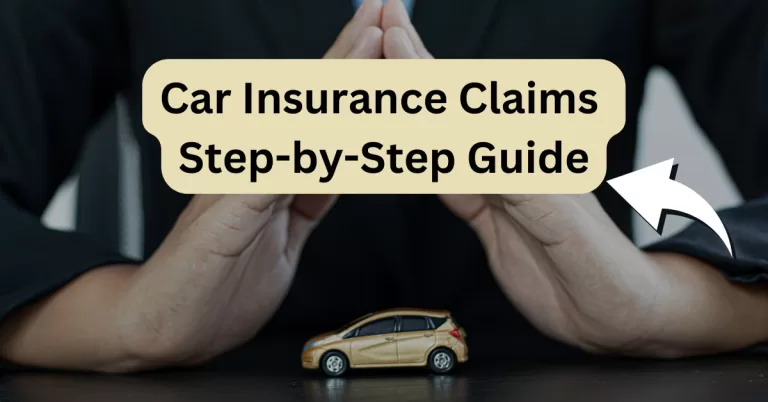5 Risks of Using Car Insurance Tracking Devices
Car insurance tracking devices, also known as telematics devices or black boxes, have gained popularity in recent years. These devices monitor your driving behavior and provide data to insurance companies. While they offer potential benefits like lower premiums and personalized coverage, it’s important to understand the risks associated with using car insurance tracking devices.
This article aims to simplify and explain those risks in a very simple manner, so you can make an informed decision about whether to use these devices or not.
Risks of Using Car Insurance Tracking Devices
Introduction
Car insurance tracking devices monitor your driving behavior and provide data to insurance companies. They are often referred to as telematics devices or black boxes. While they can offer benefits like lower premiums and personalized coverage, it’s crucial to be aware of the risks involved in using them. Understanding these risks will help you protect your privacy, maintain control over your driving data, and make a decision that aligns with your needs and concerns.
Risks of Using Car Insurance Tracking Devices
Risk 1: Privacy Concerns
Using auto insurance tracking devices comes with privacy concerns. These devices collect various data about your driving habits, such as speed, location, and acceleration patterns. Insurance companies use this information solely to assess your risk profile and determine premiums. However, there is a risk that unauthorized individuals may access this data or be used for purposes beyond its original intent.
To mitigate this risk, it’s important to carefully review the privacy policies of insurance companies. Ensure that they have strong security measures in place to protect your data. Additionally, consider asking the insurance provider if they share the data with third parties and how they handle data breaches or unauthorized access.
Risk 2: Potential for Higher Premiums
Although car insurance tracking devices are often marketed as a way to lower premiums, there is a risk that your premiums could increase based on the data collected. Suppose the device records instances of aggressive driving or frequent speeding. In that case, your insurance company may view you as a higher-risk driver and adjust your premiums accordingly.
It’s important to note that the impact on premiums will vary between insurance providers. Some companies may offer significant discounts for safe driving behavior, while others may focus more on the negatives. Before committing to a policy that requires the use of a tracking device, carefully evaluate how your premiums could be affected based on your driving habits.
Risk 3: Limited Driving Freedom
Another risk associated with car insurance tracking devices is the potential for limited driving freedom. Car insurance monitoring device monitor your driving behavior, including the time of day you drive and your routes. Some insurance policies may restrict when and where you can go, particularly during high-risk periods or specific areas.
If you value the freedom to drive whenever and wherever you want, these restrictions may not align with your lifestyle. It’s crucial to review the terms and conditions of the policy to ensure that they don’t impose unreasonable limitations on your driving habits.
Risk 4: Data Inaccuracy
While vehicle insurance tracking devices aim to accurately measure your driving behavior, data inaccuracy is always risky. Factors like poor GPS signal, device malfunction, or data misinterpretation can lead to inaccurately recorded information. These inaccuracies could potentially impact your insurance premiums and coverage.
To mitigate this risk, it’s important to regularly review the data the device collects and report any discrepancies to your insurance provider. By actively monitoring the data and staying vigilant, you can ensure that the information used to assess your risk profile is as accurate as possible.
Risk 5: Unintended Consequences
Using car insurance tracking devices may have unintended consequences that affect your driving habits or behavior. Some individuals may become overly cautious or alter their driving patterns to maintain a favorable risk profile, potentially compromising their safety on the road. Others may feel constantly monitored, increasing stress or anxiety while driving.
Evaluating how a tracking device may impact your driving experience and mental well-being is important. Consider whether the potential benefits outweigh the potential drawbacks and if the device aligns with your driving style and preferences.
FAQs
Can insurance companies track your car?
Insurance companies can track your car through devices or smartphone apps as part of usage-based insurance programs. They collect data on driving behavior to adjust premiums based on factors like speed, mileage, and braking patterns.
Do you need insurance for a track car?
Insurance can help protect you financially in case of collisions, theft, or other incidents on the track. It is important to consult with your insurance provider to discuss the specific coverage options available for track cars.
Does a tracker reduce car insurance?
A car tracker or telematics device can lower car insurance premiums by monitoring driving behavior and providing data to insurance companies. Discounts or lower rates may be offered to policyholders who demonstrate safe driving habits.
Does the insurance company provide a discount on car trackers?
Yes, insurance companies may provide discounts on car insurance premiums for installing a car tracker or telematics device. To know if your insurance provider offers such discounts and the specific requirements, it’s advisable to check directly with them.
Conclusion
Car insurance tracking devices can provide benefits like lower premiums and personalized coverage. However, it’s important to carefully consider the associated risks of using car insurance tracking devices. Privacy concerns, potential premium increases, limited driving freedom, data inaccuracies, and unintended consequences are among the risks of using these devices.
By understanding these risks and evaluating how they align with your needs and preferences, you can decide whether to use car insurance tracking devices or explore alternative options. Remember to review the terms and conditions of your insurance policy and consult with your insurance provider for any specific concerns or questions you may have.






